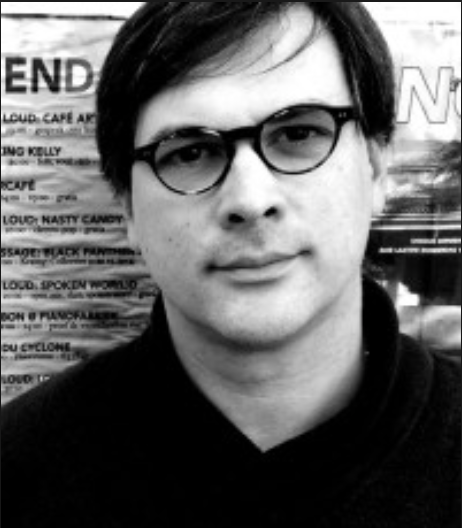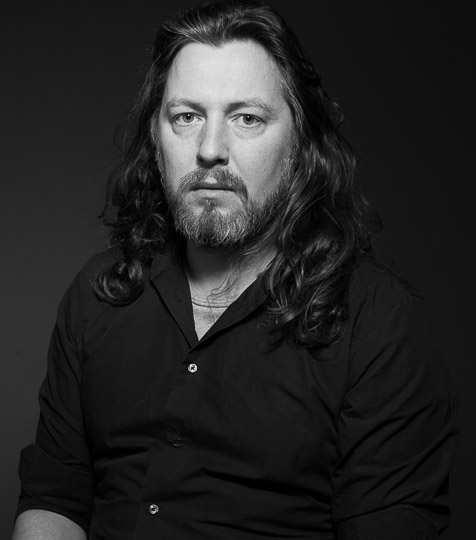Drawing Resilient Futures.
Imagining Sustainable Coping Strategies with regards to climate change in low-income urban areas through the digital arts
In this project, we develop “collaborative drawing technology” in HEI (creative arts) and local community centres. With open source software and low tech digital devices, we bridge the gap between the “digital survival skills” of disadvantaged youth and the regional frontrunner position of the creative industries in Durban, improving the inclusivity of education, the quality of needs oriented research, the uptake of digital applications for grassroots education and awareness campaigns. In this manner, we support the digital arts as a powerful means to re-imagine and re-tell futures and gender equity and economic inclusion in the creative arts and in local communities. We help HEI’s in Kwazulu-Natal to guarantee higher quality and more inclu-sive education for larger and more diverse cohorts of talented candidates in these fields, in order to make the greatest number benefit from digital breakthroughs exepmlified in teh creative industries . As “digital creative skills” figure in the top 10 of the National Scarce Skills List in South Africa, improving the supply of digitally skilled young professionals is of crucial economic importance too. Finally, HEI’s in the creative arts need to improve conditions for uptake of new digital knowledge and applications in local communities, in order to strengthen the transfer of cutting edge digital solutions towards relevant actors in local government, education and grassroots organisations.
In order to improve inclusiveness, HEI’s need to make low tech and low cost digital solutions available for (aspiring) creative youths and improve higher quality and needs-oriented in this field. In that manner, they help to overcome the interconnected barriers of socio-economic sta-tus, (gender) discrimination and geography embedded in governance regimes since the Apart-heid era that have historically disadvantaged the inclusion of women and underprivileged, geo-graphically remote youth in high quality education in general and technological transfer in particular.
Coordinated by Janna Beck
with Philip Meersman, Evert Peeters, Wouter Steel
A collaboration between the Royal Academy of Fine Arts Antwerp and University of Kwazulu Natal (School of Arts) (UKZN)
With the support of VLIR-UOS
(image from “Frietje Wabisabi” experimental TV show)







